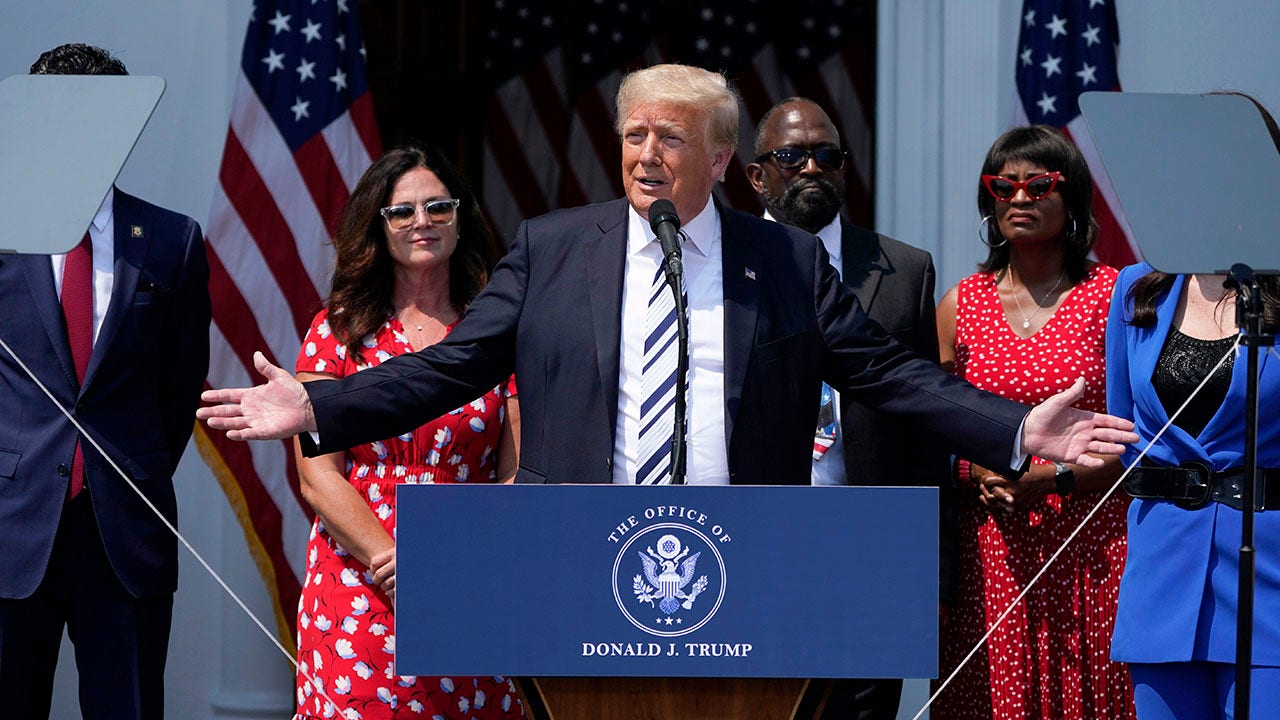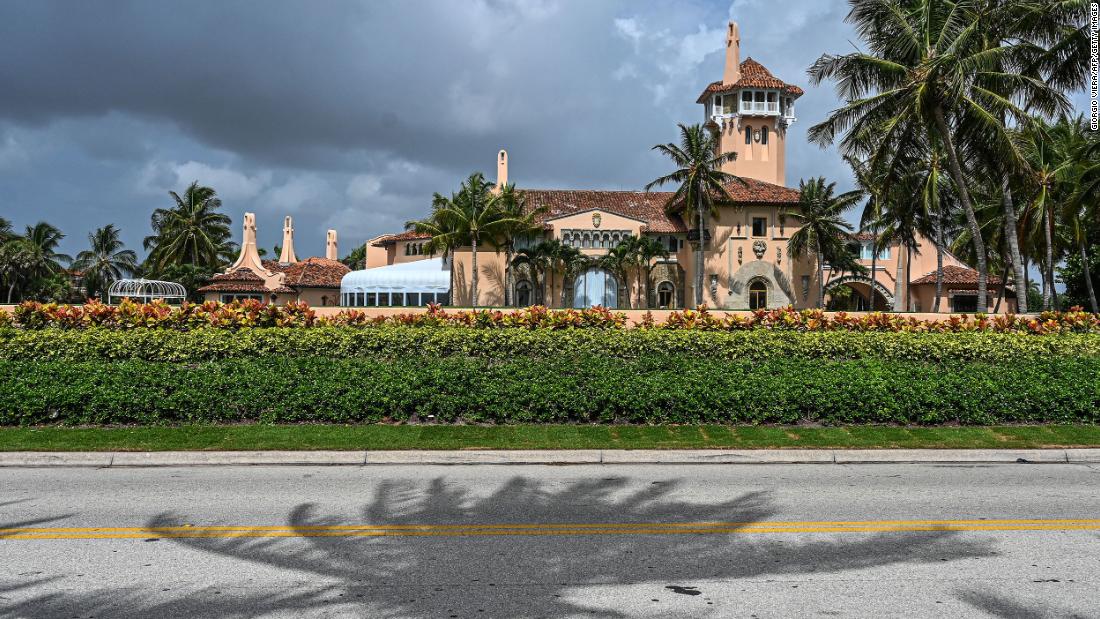The FBI search of former President Donald Trump's residence in Florida on Monday signaled an extraordinary escalation of an investigation into the handling of certain documents from his presidency and raises questions about whether his legal exposure extends beyond whether he improperly took...

www.cnn.com
What would it have taken for the DOJ to have obtained the search warrant?
To get judicial approval for the search, investigators would have had to present to a judge a detailed affidavit that would establish that probable cause exists to believe that a crime had been committed and that that evidence of that crime exists in recent days at the property where the search is being sought.
The search warrant would have been filed under seal, meaning that its details are not publicly available at the moment (though they could become public in the future). The federal courthouse in West Palm Beach lists only one sealed search warrant application since June that was still not closed as of Friday, according to the court's public register of cases.
But before prosecutors got to the point of asking a magistrate judge to approve the warrant, in order to move forward with a search that carried such historical and political significance, investigators would have had to obtain the OK from the highest levels of the Justice Department, legal experts told CNN.

Former DOJ officials told CNN that it was likely that, at the very least, Deputy Attorney General Lisa Monaco would have had to have given the green light and that Attorney General Merrick Garland and/or FBI Director Chris Wray may have also been consulted. "Not only would the investigators have to suggest it, not only would a line prosecutor have to agree with it, but multiple layers of management would have had to approved of it -- all the way up to the Attorney General," Daren Firestone, a former DOJ attorney, told CNN. The Justice Department has declined to comment.
What does this mean for Trump's legal exposure?
To take the extraordinary step of executing a search warrant on a former president's home suggests investigators are looking at more than what the National Archives had previously recovered from Mar-a-Lago, according to legal experts.
In January,
the National Archives retrieved 15 boxes of records from Mar-a-Lago, including materials that had been identified as classified, but activity around those boxes have been quiet since the spring. "I really don't believe that the department would have taken such a significant step as pursuing a search warrant for the president's residence about information they already had back," Andrew McCabe, a former FBI deputy director and CNN contributor, said on CNN "Newsroom." "There had to be a suspicion, a concern and indeed specific information that led them to believe that there were additional materials that were not turned over."
Before the news of Monday's search, a law known as the Presidential Records Act had been forefront of public speculation about Trump's legal jeopardy as other investigatory steps were taken related to the handling of documents from Trump's White House. That law -- passed after Watergate to make clear that certain records from a presidency belong to the public and not the former office holder -- is not a criminal statute and has been seen as relatively toothless law. A search warrant and the presence of the FBI signifies a criminal investigation. There are other record retention statutes that bring with them criminal penalties -- such as the Espionage Act -- but at this point it's not clear what criminal statutes have been implicated in the Justice Department investigation.
It is a crime to destroy or remove federal records, or to mishandle classified documents. There are other federal laws that aim prevent the tampering of information during an investigation.
Earlier this year, the Justice Department
issued subpoenas for presidential materials including classified documents that the National Archives had previously retrieved.
The FBI also interviewed Trump aides at Mar-a-Lago in the spring as part of the probe, according to a source familiar with the matter.
For investigators to escalate their probe with a search, "there would have to be something serious enough that would merit more than a slap on the wrist," Firestone, now a partner at the DC-based firm Levy Firestone Muse, said.
It's also notable that the DOJ hasn't gone the route of civil litigation against the former president for how he handled the documents in question. Just last week,
the Justice Department filed a civil lawsuit against former Trump White House official Peter Navarro, alleging that Navarro had violated the Presidential Records Act and seeking a court order compelling him to turn over emails from a private account that he used while working at the Trump White House.
Why now?
The search was executed two months after the previously unreported June 3 meeting between DOJ investigators and Trump's attorneys at the resort. During the visit, reported by CNN on Monday, four investigators, including the chief of the Counterintelligence and Export Control Section, toured a basement where boxes of materials were being stored. Five days later, investigators sent Trump's attorneys a letter asking them to further secure the room storing the documents, prompting aides to add a padlock to the room.
For the FBI to execute a search warrant two months later hints that the federal officials were not satisfied with what they saw on the visit or that they were not confident in the voluntary cooperation they were receiving from Trump's team, some legal experts said. It's possible federal officials also needed official sign off to repossess classified records. "The fact that the FBI learned Trump still had documents at [Mar a Lago] in June, and felt the need to come back two months later with a search warrant, indicates to me that the agency has evidence that Trump and his staff were holding onto additional classified records and not taking any steps to properly return them to the Archives," Bradley Moss, a national security lawyer, told CNN in an email.





www.foxnews.com



en.wikipedia.org
